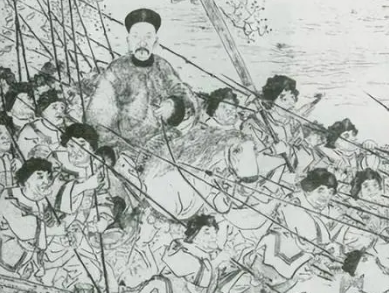During the Warring States period, the term "Gongzi" referred to noble children born into families of high status and influence. These Gongzi typically possessed abundant wealth and resources, and were also educated and nurtured well. Becoming a Gongzi was the dream of many in that society.

So, who exactly could be called a Gongzi? Based on historical records, the following types of individuals could be considered Gongzi:
1. Royal Descendants: During the Warring States period, political rivalries among the various states were intense. Royal descendants, born into the royal families, enjoyed high status and prestige. With their abundant family resources and power, they were considered the cream of the Gongzi crop.
2. Children of Major Noble Families: Apart from royal descendants, the children of major noble families in the Warring States period were also representative figures of Gongzi. These major noble families were often local strongmen or high-ranking officials in the state, possessing vast family estates and extensive networks of connections. They were also regarded as elites among the Gongzi.
3. Children of Prominent Families: In addition to the royal families and major noble families, there were also some prominent families during the Warring States period, such as the Confucian and Mohist schools. Their children were also considered Gongzi. These prominent families typically possessed profound cultural backgrounds and noble moral characters, making them the elite segment of the Gongzi.
In summary, individuals who could be called Gongzi during the Warring States period were typically noble children born into families of high status and influence. They possessed abundant resources and power, and were also well-educated and nurtured. Although becoming a Gongzi required certain conditions and backgrounds, it did not hinder them from achieving high respect and recognition in that society.
Disclaimer: The above content is sourced from the internet and the copyright belongs to the original author. If there is any infringement of your original copyright, please inform us and we will delete the relevant content as soon as possible.
































